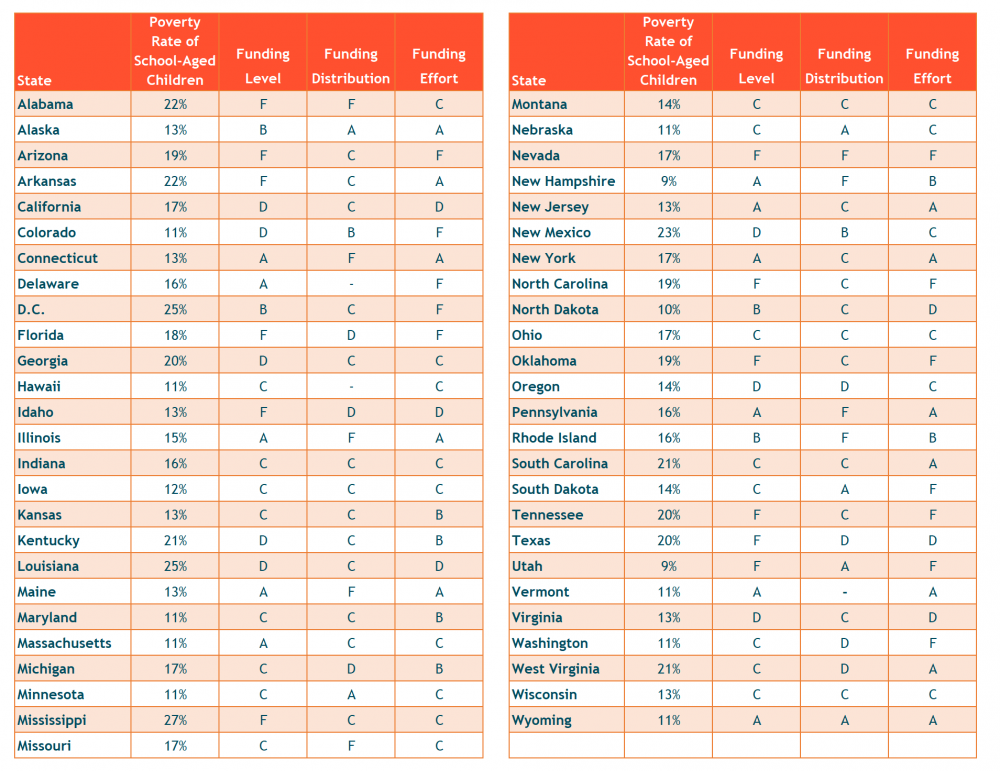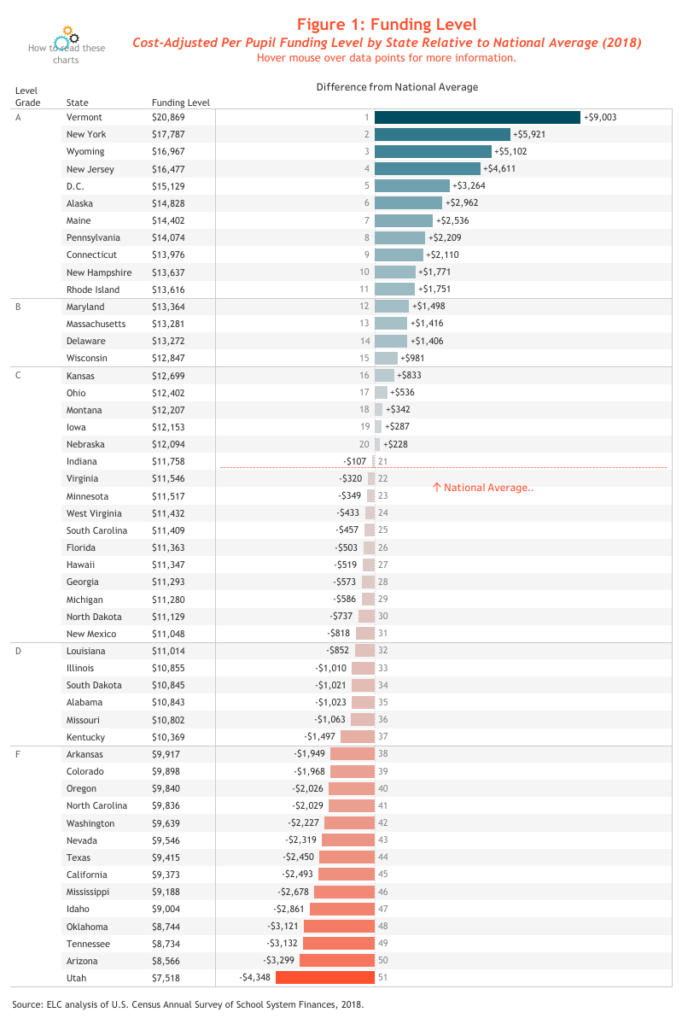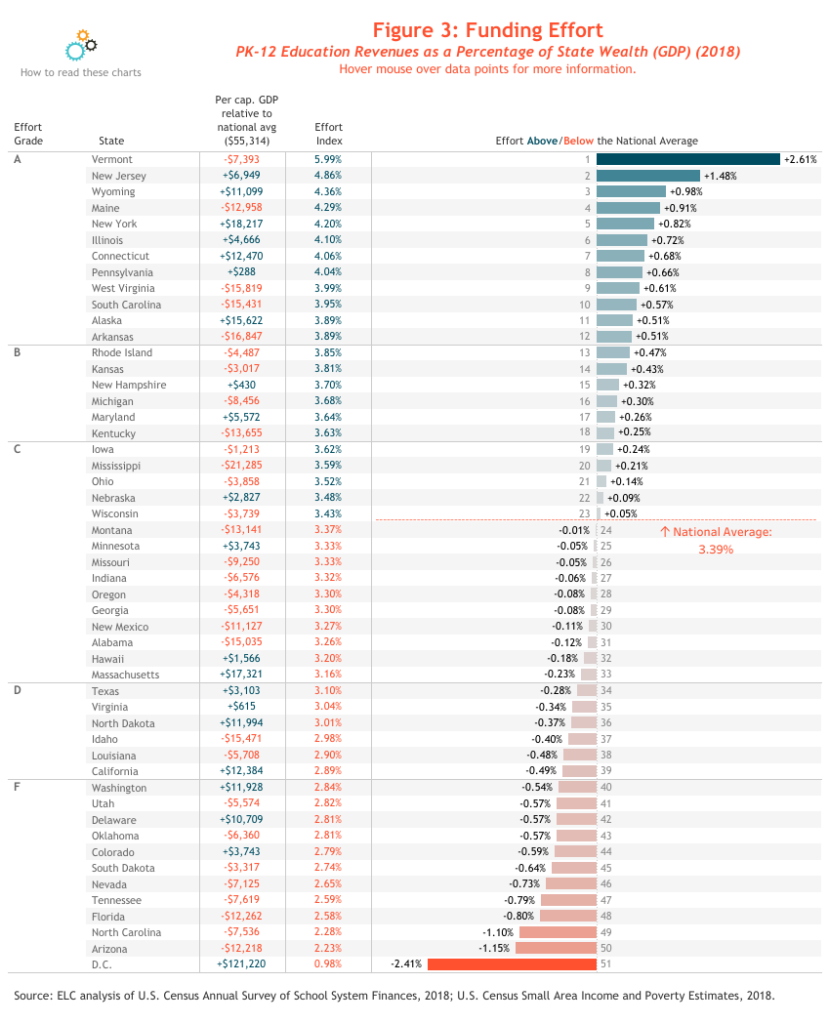Gov. Bill Lee’s “Not So Special Session” on education starts tomorrow at the Tennessee General Assembly. Former Nashville School Board member Amy Frogge offers some insight into what to expect this week.
Here are her thoughts:
The Governor has called a special legislative session this week to address three administration bills. Heads up to educators, parents and friends- we need your help to reach out to legislators who will be voting on these bills!
1. Senate Bill 7001: This testing waiver/hold harmless bill would require school districts to test 80% of students in-person (with pen and paper) in exchange for exemption from the A-F district grading system, placing districts into the Achievement School District, and placing schools on the state priority list (bottom 5%). This bill would require districts to return to in-person instruction. It is unclear how this bill will effect teacher evaluations. The question to ask here is why we are even testing at all this year, during a pandemic and so much chaos. (Hint: follow the money.)
2. Senate Bill 7002 addresses “learning loss” during the pandemic. (This, by the way, is a political- not an education- term.) It would require districts to create in-person, summer mini-camps to help children who are struggling this year. While these camps could be helpful to students, the state is creating another unfunded mandate, because only $67 million will be allotted statewide for the initiative, not nearly enough for implementation. The administration also envisions paying for the camps with stockpiled Temporary Assistance for Needy Families funds, which is likely illegal. BUT here’s the biggest concern about the “learning loss” bill: It will require districts to hold back third graders who are not deemed “proficient” in standardized testing. (Proficiency rates can be manipulated by the state through cut scores.) If you google the term “Mississippi miracle,” you will find that Mississippi used this very same trick to create the appearance of a sudden increase on NAEP test scores. Holding back low-performing third graders creates the illusion of huge one-time testing gains, and implementation of the bill would take place just in time for the 2023 NAEP tests. This is not about best serving the children of Tennessee; it’s about gaming the system. Furthermore, the costs for holding back large numbers of third graders, as mandated by this bill, would be astronomical.
3. Senate Bill 7003 would implement a phonics-based literacy program that proponents claim helped Mississippi’s test scores. In reality, holding back low-performing students caused the increase in scores, as I’ve explained above. Aside from the ruse to game NAEP scores, this bill is problematic, just like the “science of reading” literacy bill that Commissioner Schwinn pushed last year. It opens the door to more school privatization. Schwinn, a graduate of the Broad Academy, has been pushing preferred vendors and no-bid contracts (just like our former superintendent). Reducing the complex art of teaching reading to a marketable, scripted phonics curriculum allows school districts to hire cheaper, inexperienced teachers and allows for vendors to make a lot of money by control the curriculum. District should be embracing balanced literacy instead, of which phonics is just one component.
While Tennessee continues to push the narrative that schools and teachers are “failing” in order to open the door to more and more private profit, we should be instead investing in our students, schools and teachers. The state has long failed to properly fund Tennessee’s schools. This year, there is a surplus of $369 million in our rainy day fund, and the state is about to put another $250 million into that fund. We have more than enough to pay our teachers reasonable salaries and to truly address student needs through more social workers, school nurses, guidance counselors and wrap-around services.
The Governor is also expected to announce a 2% statewide teacher raise tomorrow, but beware of the spin on this promise as well. Already, the state is shorting school districts by not paying enough through BEP funds to fully cover teacher salaries. The BEP funds approximately 66,000 teachers, but according to the state’s own report, there are approximately 77,000 teachers in Tennessee. Local districts must make up for this funding shortfall. The 2%, $43 million teacher raise will only be allotted for 66,000 teachers- not all of the teachers in Tennessee, and it will be paid for through non-recurring funds, which means that local districts will cover the difference in future years. Finally, this raise amounts to $10 per week per teacher- 10 cents on the dollar– an insult to teachers. Please reach out to your representatives to share your concerns about these bills. We should particularly focus on those legislators listed in the comments below who are serving on the education committees. Although this is a quick special session, legislators are not expected to vote on these bills right away due to the MLK holiday today. You have time!

For more on education politics and policy in Tennessee, follow @TNEdReport
Your support – $5 or more – makes publishing education news possible.










